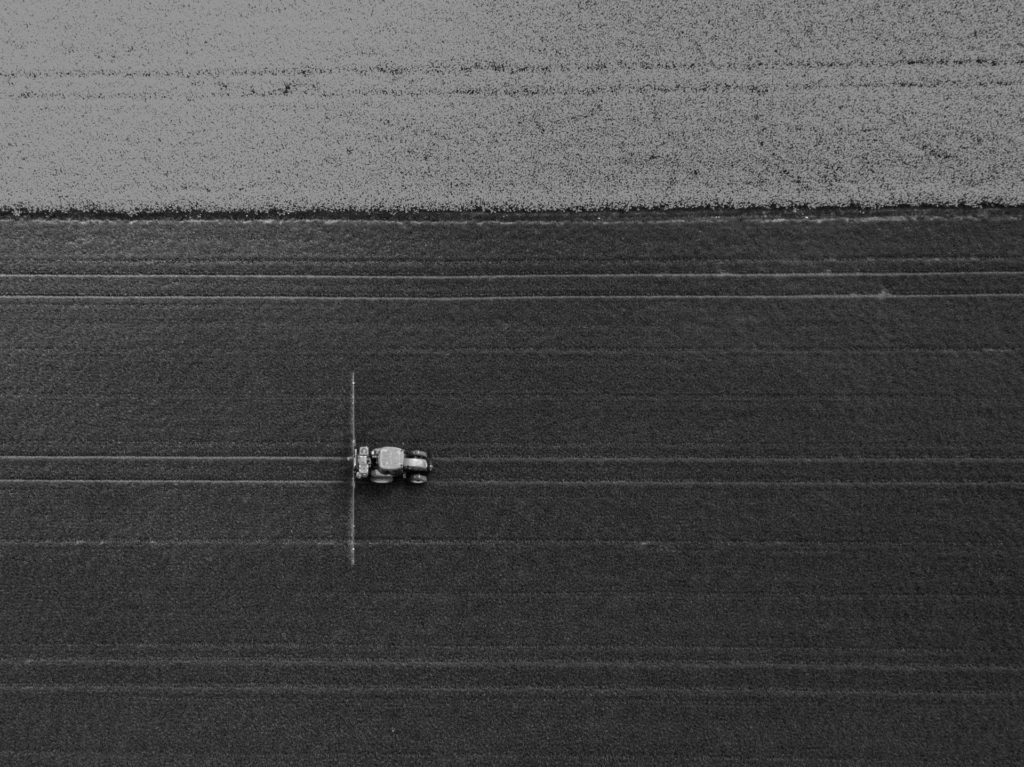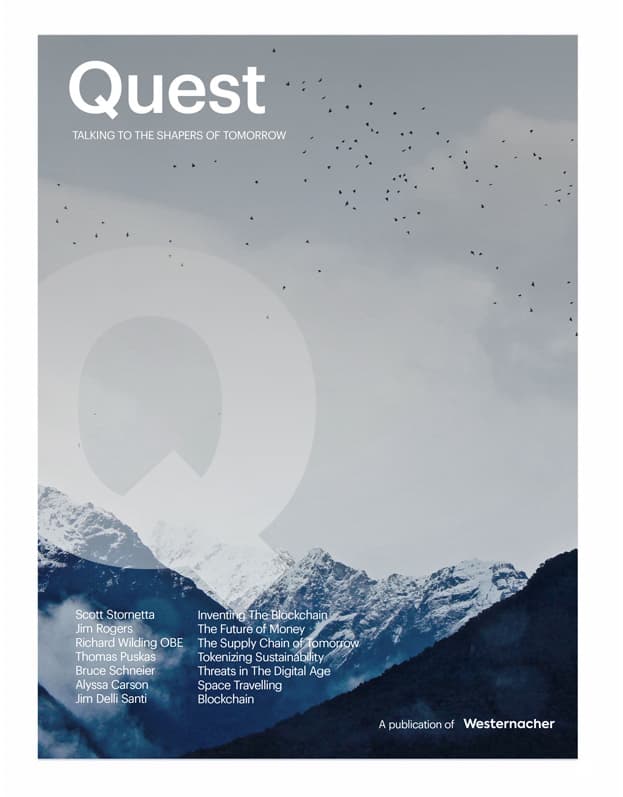Leading agricultural trader BayWa AG needed a transportation solution that could meet the diversified needs of its global operations. With the support of Westernacher Consulting, the implementation of SAP TM has seen the company standardize and simplify its processes, enhance performance, rein in costs and heighten customer experience. BayWa is now better informed, better connected and better equipped to meet the demands of its ever-expanding operations.

BayWa AG is an international group headquartered in Munich and represented in more than 40 countries. Founded in 1923, BayWa AG originally aimed to support domestic agriculture, providing rural regions with everything they needed for farming. Over the past decades, the company has extended its activities to the construction and energy sectors. As part of its growth strategy, BayWa has seen significant international expansion in recent years. Today the company is the largest agricultural trader in Germany and one of the leading agricultural commodities trading companies in the world.
BayWa AG started a wide transformation Project, called LEO (Logistics Excellence Offensive), with the goals to optimize and standardize existing processes. Therefore, BayWa AG implemented SAP TM along with other changes to SAP ERP environment. In partnership with BayWa AG Corporate IT, Westernacher successfully executed the SAP TM implementation.
SAP TM has brought about a variety of benefits such as an increased degree of process automation, improved visibility in information shared by external carriers as well as faster and better data exchange and processing. BayWa AG not only uses SAP TM to collaborate with external forwarders, but also manages its own truck fleet with the functionality SAP TM offers.
BayWa AG has been using SAP ERP for decades. Before the SAP TM implementation, BayWa’s transportations were managed by its own developed transportation solution based on the SAP ERP platform. This posed communication barriers with external carriers such as lack of transparency over costs and other information shared with the company.
Single users at BayWa AG are responsible for a multitude of tasks in the business operations, for example, purchasing, monitoring stocks and transportation, which can lead to a certain degree of inefficiency when dispatching. With LEO, individual roles and areas are now clearer and more concise.
The project ran mainly in BayWa’s agriculture sector. In terms of general cargo shipments, BayWa AG Corporate IT and Westernacher delivered a template solution allowing other divisions, besides the agricultural business, to implement their processes in the SAP TM system in the future, too.
Adapting historically grown processes to the new software was another challenge.



More than 10 Westernacher consultants and developers from Germany, Poland, Romania, Bulgaria, India, US and Spain were engaged in the LEO project across BayWa’s divisions, undertaking full implementation cycle – starting from PoC, conception, realization and test phases to go-live, hypercare and rollout to other regions.
There were multiple go-lives for different transportation processes. These included feed silos, bulk and general cargo as well as the central warehouse.
Each transportation process varies and has its own requirements. With animal feed, timely delivery is crucial to avoid endangering the health of animals, while general cargo processes are characterized by scores of products to be shipped which requires a favorable software solution for handling large volumes of small-sized cargoes.
The deployment has allowed for tight connection of SAP TM order management and freight settlement to SAP ERP. Furthermore, connecting SAP TM to external Trimble Telematics system has enabled users to send freight orders directly to trucks and drivers from SAP TM, text messages between the two systems and drivers to report events such as loading and unloading activities for real-time track & trace.
The solution was also combined with SAP EM, SAP TM Collaboration Portal, Westernacher Control Tower and an EDI interface to external parties for an optimal outcome.
